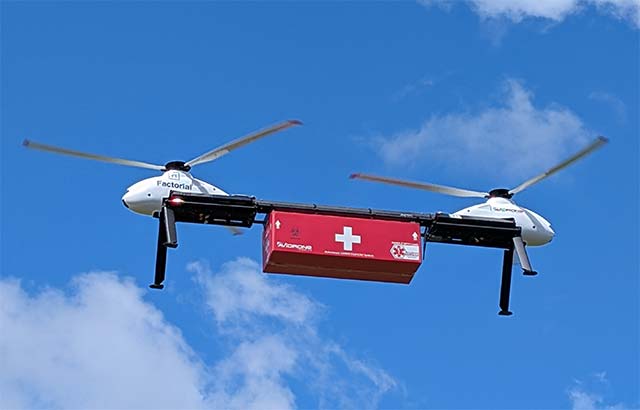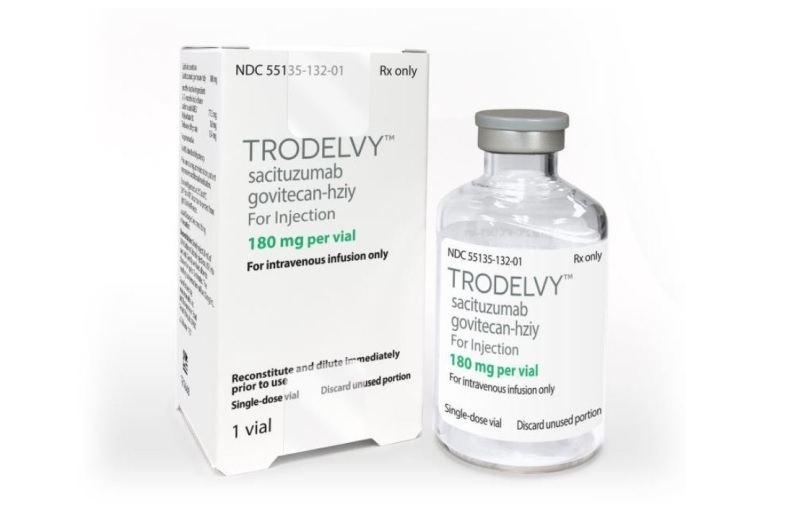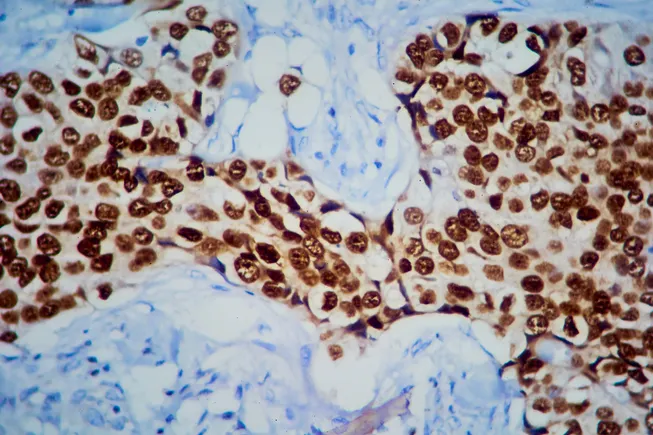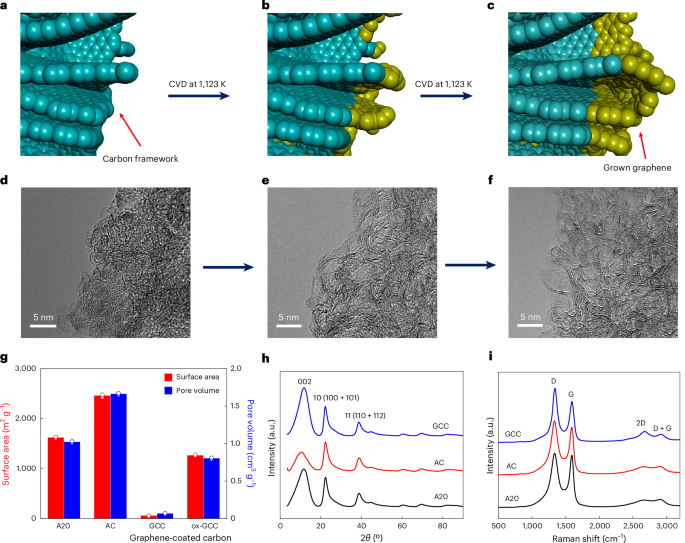This site uses cookies. By continuing to browse the site you are agreeing to our use of cookies.
All
Agriculture and Farming
Agriculture and Food News -- ScienceDaily
CropLife
Farming Today
Modern Farmer
National Sustainable Agriculture Coalition
250 Million Honeybees Escape After a Truck Ro...
May 30, 2025 0
Trump’s Deportations Haunt Workers in the Fie...
May 30, 2025 0
250 Million Honeybees Escape After a Truck Ro...
May 30, 2025 0
Trump’s Deportations Haunt Workers in the Fie...
May 30, 2025 0
Las deportaciones de Trump siembran inquietud...
May 30, 2025 0
Virginia Wines Grow Up
May 28, 2025 0
All
All Stories
All Stories
BioPharma Dive - Latest News
Breaking World Pharma News
Drugs.com - Clinical Trials
Drugs.com - FDA MedWatch Alerts
Drugs.com - New Drug Approvals
Drugs.com - Pharma Industry News
FDA Press Releases RSS Feed
Federal Register: Food and Drug Administration
News and press releases
Pharmaceuticals news FT.com
PharmaTimes World News
Stat
What's new
Diabetes drug gives hope for new treatment fo...
May 24, 2025 0
Purdue center offers first comprehensive open...
May 24, 2025 0
Candidate drug that boosts protective brain p...
May 24, 2025 0
All
Breaking DefenseFull RSS Feed – Breaking Defense
DefenceTalk
Defense One - All Content
Military Space News
NATO Latest News
The Aviationist
War is Boring
War on the Rocks
NATO Secretary General attends the Vilnius Su...
May 30, 2025 0
The Ukraine Defence Contact Group to meet at ...
May 28, 2025 0
Chair of the NATO Military Committee attends ...
May 28, 2025 0
NATO Secretary General welcomes Icelandic Pri...
May 28, 2025 0
All
Advanced Energy Materials
CleanTechnica
Energy | FT
Energy | The Guardian
EnergyTrend
Nature Energy
NYT > Energy & Environment
PV-Tech
RSC - Energy Environ. Sci. latest articles
Utility Dive - Latest News
Adsorption‐Catalysis Synergy Boosting the Con...
May 31, 2025 0
Adsorption‐Catalysis Synergy Boosting the Con...
May 31, 2025 0
A Focused Review on Interhalogen Technology f...
May 31, 2025 0
Discerning Performance Bottlenecks of State‐o...
May 31, 2025 0
High‐Performance Ultrathin Flexible Organic S...
May 29, 2025 0
Na and Ti share roles
May 27, 2025 0
Contamination control
May 27, 2025 0
Author Correction: US industrial policy may r...
May 19, 2025 0
- Contact
- LIVE TV
- Agriculture
- Automotive
- Beauty
-
Biopharma
- All
- All Stories
- All Stories
- BioPharma Dive - Latest News
- Breaking World Pharma News
- Drugs.com - Clinical Trials
- Drugs.com - FDA MedWatch Alerts
- Drugs.com - New Drug Approvals
- Drugs.com - Pharma Industry News
- FDA Press Releases RSS Feed
- Federal Register: Food and Drug Administration
- News and press releases
- Pharmaceuticals news FT.com
- PharmaTimes World News
- Stat
- What's new
- Defense
- Energy & Water
- Fashion
- Food & Beverage
- Healthcare
- Legal
- Manufacturing
- Luxury
- Medical Devices
- Mining
- Real Estate
- Retail
- Science Journals
- Transport & Logistics
- Travel & Hospitality











































































































































